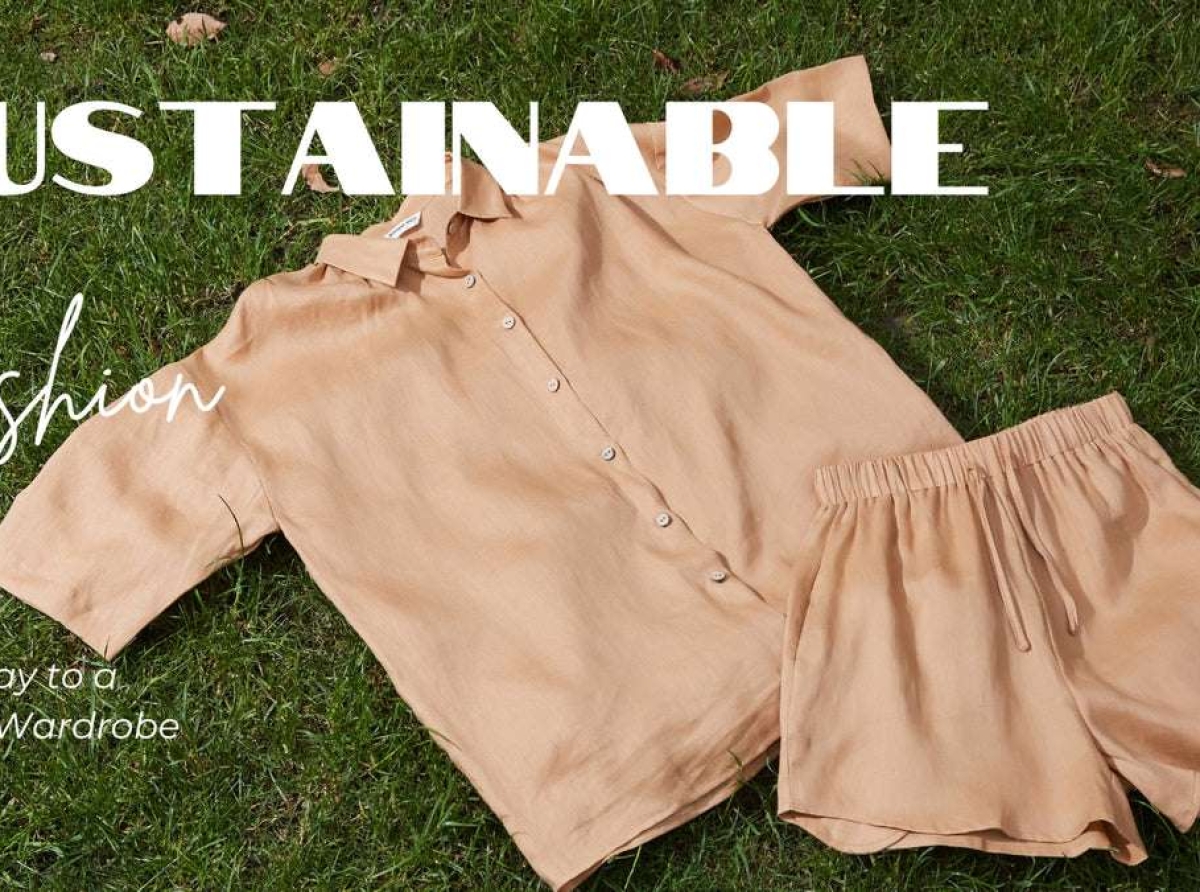Weaving a Greener Wardrobe: Sustainability gains focus in India's fashion market

Sustainability is now a non-negotiable part of India’s brand strategies especially clothing brands. With growing consumer awareness, pressing environmental concerns and a increasing sense of corporate responsibility, this shift is reshaping product development, marketing communications, and operational practices across the industry.
Demand for sustainable fashion grows
Indian consumers are increasingly prioritizing eco-friendly and ethically produced apparel. As per a Statista Consumer Insights survey in 2021, almost 89 per cent of Indians claimed to buy sustainable fashion. This rise in conscious consumption is compelling brands to integrate sustainability into their core offerings, recognizing it as a key differentiator.
Table: Consumer attitudes towards sustainable fashion in India
|
Factor |
Percentage of consumers |
|
Willing to pay premium |
68% (Nielsen India, 2023) |
|
Prefer brands with ethical sourcing |
72% (Nielsen India, 2023) |
|
Concerned about textile waste |
65% (Nielsen India, 2023) |
|
Value transparency in supply chain |
60% (Nielsen India, 2023) |
|
Claim to buy sustainable fashion |
89% (Statista, 2021) |
Leading brands championing sustainability
Several prominent Indian fashion brands are setting the benchmark for sustainable practices.
Aditya Birla Fashion and Retail Limited (ABFRL): As per the company’s Sustainability Report, ABFRL has made significant strides in sustainability, achieving 68 per cent renewable energy sourcing across its owned facilities and attaining 'Zero Waste to Landfill' status by recycling over 90 per cent of its waste. This commitment demonstrates a large scale industry shift.
Fabindia: Known for its handcrafted textiles and traditional techniques, Fabindia has long championed sustainable practices. The brand emphasizes the use of natural fibers, supports artisan communities, and promotes fair trade. They have also implemented a 'zero discharge' policy in some of their production units.
Raymond: The textile giant has invested in sustainable manufacturing processes, including water conservation and waste reduction. As per Raymond Sustainability Report, 2024, they are also exploring the use of recycled materials and organic cotton. Raymond recently announced they have reduced their water consumption in certain operations by 20 per cent over the past three years.
Biba: Biba has introduced collections made from eco-friendly fabrics like Livaeco by Birla Cellulose, which are derived from wood pulp and are biodegradable. They are also focusing on reducing packaging waste and promoting responsible consumption.
In fact, Livaeco by Birla Cellulose is a prime example of a sustainable fiber gaining traction in the Indian market. The fiber is derived from wood pulp sourced from sustainably managed forests and is biodegradable. It has gained popularity with Biba, for its soft texture, fluidity and sustainable credentials.
Birla Cellulose has been working closely with various brands and retailers to promote the use of Livaeco and educate consumers about its environmental benefits.
House of Anita Dongre: Anita Dongre's Grassroot initiative focuses on empowering rural women artisans and promoting traditional crafts. The brand uses handwoven fabrics and natural dyes, minimizing its environmental impact.
Lovebirds: This contemporary fashion label emphasizes minimalistic designs and sustainable practices, utilizing eco-friendly fabrics and traditional Indian techniques. Lovebirds has gained international recognition, being stocked by global retailers like Harvey Nichols and Neiman Marcus. [Source: Turn0 News13]
Suta: Mumbai-based Suta employs over 16,000 local weavers and artisans across India, focusing on ethical production and sustainable processes. As per Turn0 Search4, the brand emphasizes not only sustainable products but also responsible practices, such as upcycling and creating eco-friendly work environments.
Reliance Retail: Reliance Retail is gradually introducing sustainable practices across its fashion portfolio, including the promotion of products made from recycled materials and organic cotton. They are also working to reduce plastic packaging and improve energy efficiency in their stores.
Then there are collaborations between Indian designers and international brands with focus on sustainability. Sabyasachi x H&M is an example. This collaboration resulted in the ‘Wanderlust’ collection, blending Indian and contemporary fashion elements. The collection emphasizes sustainability by using recycled or sustainably sourced materials and focusing on emotional durability to ensure long-term use.
Educating consumers need of hour
Despite the progress, challenges remain, including the need for greater consumer education and overcoming the perception of higher costs associated with sustainable fashion.
However, there is a growing commitment among Indian brands and retailers to embed sustainability into their business models, reflecting a broader global movement towards responsible fashion. The fragmented nature of the Indian textile industry, the lack of standardized sustainability certifications, and the cost of implementing eco-friendly practices pose significant hurdles.
























